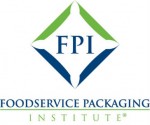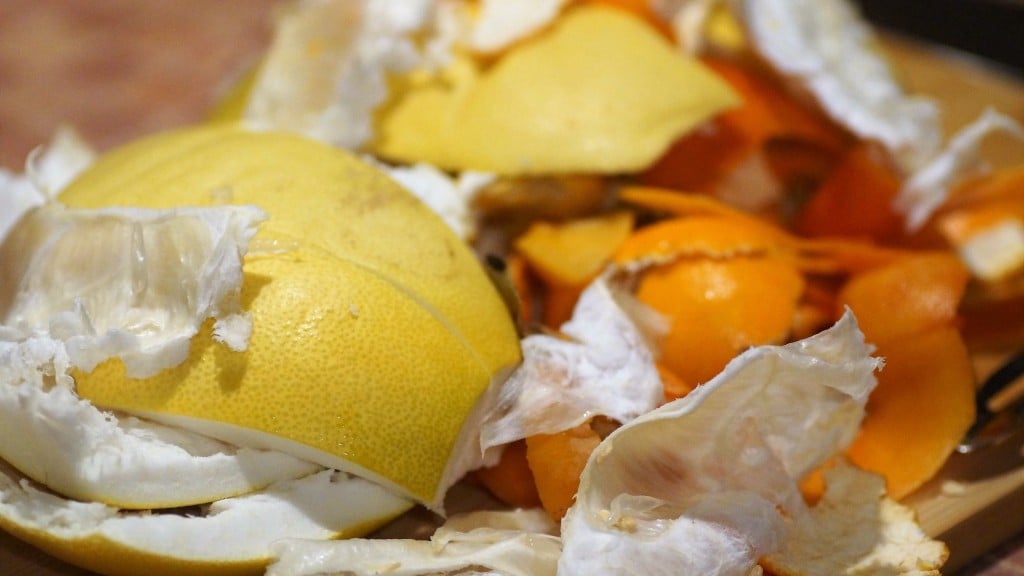Including compostable packaging in residential curbside programs boosts consumer involvement report shows
A Foodservice Packaging Institute study provides best practices for integrating compostable foodservice packaging into residential composting programs

As more communities take proactive steps to manage food waste, residential composting programs are gaining traction. Within these programs, integrating compostable foodservice packaging has become an important consideration in enhancing waste diversion efforts.
Recognizing the need to address this issue and maximize the efficiency of composting initiatives, the Foodservice Packaging Institute (FPI) has conducted a study looking at prominent residential programs. The study provides insights and best practices for integrating compostable foodservice packaging into residential curbside composting programs.
"Our aim was to create a valuable reference that delves into best practices for residential composting, especially with certified compostable packaging. Additionally, it offers essential insights on reducing contamination, optimizing communication strategies, and sharing success stories from leading composting programs," said Natha Dempsey, president of FPI.
Report provides a range of best practices
The report unveils the results of an in-depth study of eight well-established residential composting programs in the U.S., all of which accept varying types of foodservice packaging as part of their acceptable materials list. The term "foodservice packaging" in this context refers to foodservice products (e.g., cups, plates, bowls, clamshell containers, boxes, bags, etc.) made of compostable plastics, fibre and/or other organic materials.
The report, compiled through interviews and compilation of public-facing program information, encapsulates a range of best practices. It provides a guide for those looking to establish or enhance residential organics collection programs, ensuring effective management of both their food waste and foodservice packaging materials.
The residential composting programs were reviewed based on several criteria, including the effectiveness of education and community outreach efforts, infrastructure and operational logistics, and the presence of robust feedback mechanisms, all within the context of state and local policies related to food waste management and diversion goals.
The advantages of including compostable foodservice packaging
The study's findings highlighted the advantages of including compostable foodservice packaging in residential composting programs to increase the collection of food waste for composting. By accepting packaging, residents are no longer required to separate food remnants from their containers. This solution allows for the convenient and simplified disposal of both packaging and food scraps into compost collection bins, streamlining the process and reducing the likelihood of contamination.
Taking a systemic approach to compost program design
The study also reveals how programs can take a systemic approach to their operations' design and implementation to improve organic waste recovery and minimize contamination. Starting with small-scale initiatives, such as a pilot program, or a streamlined list of acceptable materials, communities are able to refine processes gradually, building experience and resources over time.
There were several strategies employed by the programs that effectively reduced contamination in the residential composting stream. For instance, continuous monitoring of packaging's impact within the waste stream is crucial for identifying improvement areas. Clear and consistent messaging about accepted materials, reinforced by broad stakeholder engagement, helps maintain program integrity and mitigates contamination risks.
Proactive feedback techniques like lid-flips and waste characterization studies offer valuable insights into compost bin contents and prevalent contaminants. Furthermore, many programs have integrated certification requirements for compostable products and adopted monitoring technologies as key strategies to achieve a high-quality stream for composting.



